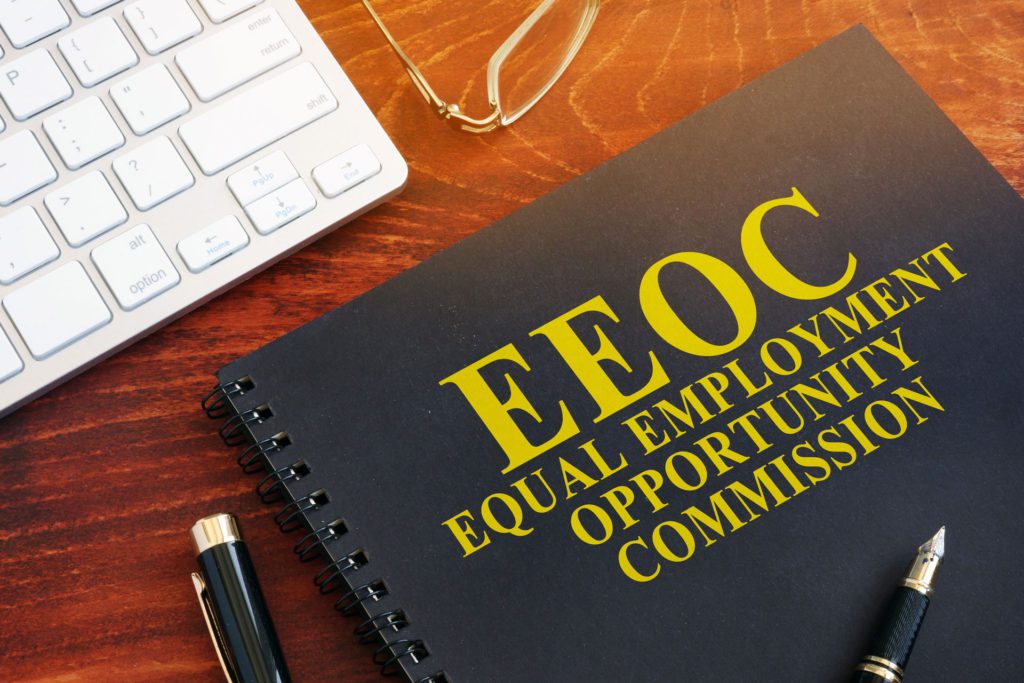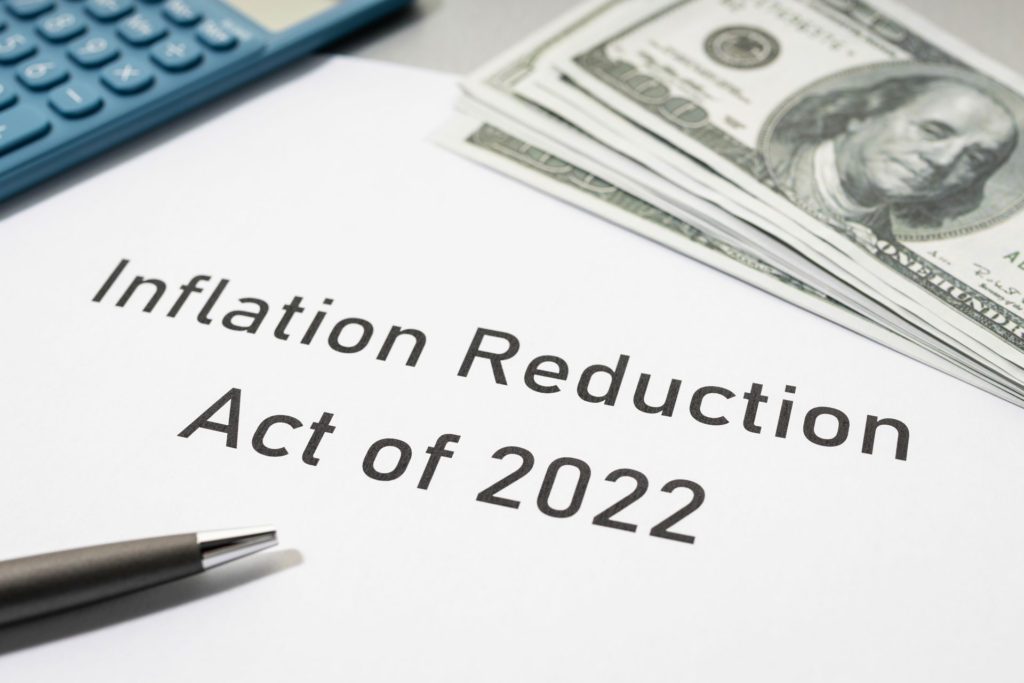An Ounce of Prevention… EEOC Releases New “Know Your Rights” Poster
In its first update since 2009, the U.S. Equal Employment Opportunity Commission (“EEOC”) has released a new “Know Your Rights” poster to replace its older “Equal Employment Opportunity is the Law” poster. As a refresher, covered employers must display the EEOC poster, which explains employee rights to be free from discrimination under federal laws, in…
Read more











